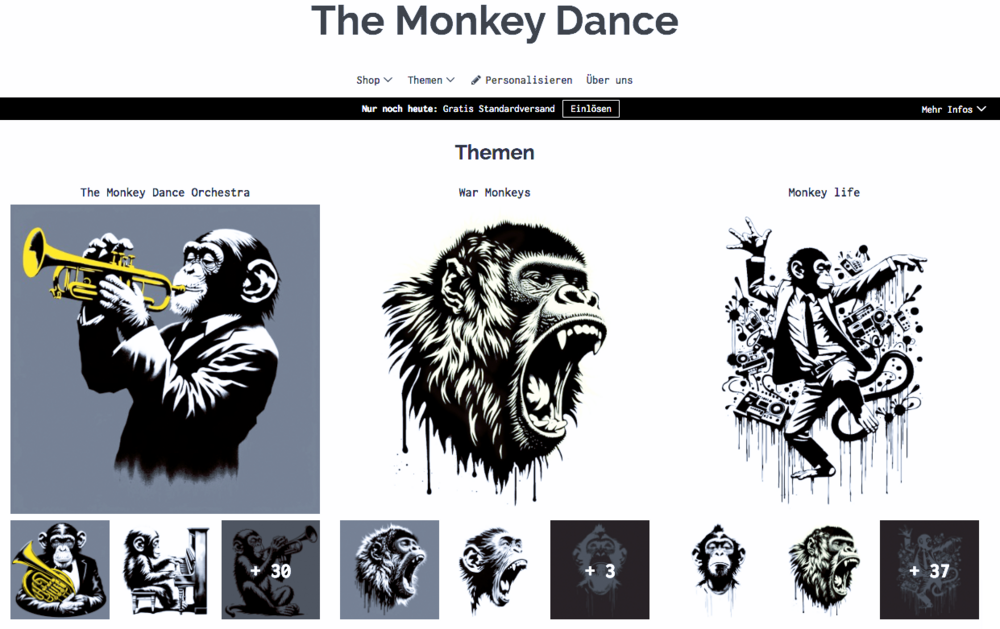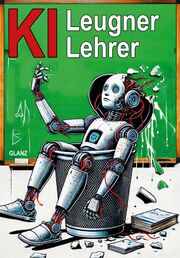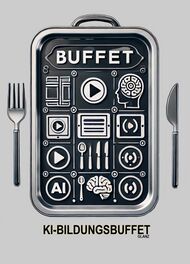Myths and Legends - Mythen und Legenden


Myths and Legends - Mythen und Legenden
Myths and Legends - Mythen und Legenden
In this article, we will explore various myths and legends from different cultures around the world. Myths and legends are traditional stories that have been passed down through generations and often involve supernatural beings or events. They play a significant role in shaping the cultural heritage and values of a society.
Definition and Importance
Myths and legends serve multiple functions in societies. They often explain natural phenomena, cultural practices, or moral values through engaging and often fantastical narratives. While myths are primarily religious or sacred tales that attempt to explain the universe, human origin, and mysteries of nature, legends are typically less supernatural and more grounded in historical reality, focusing on heroes and their great deeds.
Examples of Myths and Legends
- Greek mythology: Stories of gods, goddesses, and heroes like Zeus, Hera, and Hercules.
- Norse mythology: Tales of Odin, Thor, and the Ragnarök.
- Celtic mythology: Legends of magical creatures and epic battles.
- Egyptian mythology: Accounts of pharaohs and deities such as Ra and Anubis.
- Native American mythology: Rich stories of creation and spirit animals.
Vokabel-Quiz: Teste Dein Wissen
Leicht
Wie sagt man "Mythos" auf Englisch? (myth) (!legend) (!tale) (!story)
Was ist das englische Wort für "Legende"? (legend) (!myth) (!fable) (!history)
Wie nennt man eine "Heldentat" auf Englisch? (heroic deed) (!villain act) (!cunning plan) (!dangerous journey)
Welches Wort beschreibt eine "Göttin" auf Englisch? (goddess) (!ghost) (!witch) (!sorceress)
Was bedeutet "übernatürlich" auf Englisch? (supernatural) (!underworld) (!spiritual) (!historical)
Standard
What is the German term for "creation"? (Schöpfung) (!Zerstörung) (!Aufbau) (!Entwicklung)
Who is a famous "Held" from Greek mythology? (Herkules) (!Persephone) (!Ares) (!Hephaestus)
What does "das Universum" translate to in English? (the universe) (!the planet) (!the galaxy) (!the world)
What is a "Zauberwesen" in English mythology? (magical creature) (!powerful wizard) (!ancient guardian) (!sacred animal)
Which term describes "die Erklärung von Naturphänomenen" in myths? (explanation of natural phenomena) (!description of divine acts) (!legend of origins) (!tales of the past)
Schwer
What is the term for "a myth that explains the origin of the world"? (cosmogony) (!anthropology) (!theology) (!cosmology)
Which English word describes "a being with divine power"? (deity) (!creature) (!human) (!phantom)
What is a story involving gods and heroes called? (mythology) (!biography) (!novel) (!scripture)
Which word relates to "mythical creatures that guard treasures"? (dragon) (!thief) (!warrior) (!saint)
What English word means "übermenschlich"? (superhuman) (!unnatural) (!supernatural) (!subhuman)
Memory
Leicht
| Gott | god |
| Held | hero |
| Zauber | magic |
Standard
| Schöpfung | creation |
| Heldentat | heroic deed |
| Legende | legend |
| Göttin | goddess |
| Übernatürlich | supernatural |
Schwer
| Mythologie | mythology |
| Kosmogonie | cosmogony |
| Gottheit | deity |
| Drache | dragon |
| Übermenschlich | superhuman |
| Universum | universe |
| Phänomen | phenomenon |
Kreuzworträtsel
| myth | Was ist die allgemeine Bezeichnung für traditionelle Erzählungen über Götter oder Übernatürliches? |
| legend | Was nennt man eine traditionelle Geschichte, die oft historisch verankert ist? |
| deity | Wie nennt man eine göttliche Wesenheit auf Englisch? |
| supernatural | Welches Wort beschreibt Phänomene, die über die Naturgesetze hinausgehen? |
| hero | Wie heißt ein mutiger Charakter, der oft die Hauptrolle in Legenden spielt? |
| dragon | Welches mythische Wesen bewacht häufig Schätze und ist groß und gefährlich? |
| cosmogony | Was ist der Fachausdruck für Mythen, die die Entstehung des Universums erklären? |
| phenomenon | Wie nennt man ein bemerkenswertes oder ungewöhnliches Ereignis? |
LearningApps
Lückentext
Links
Teilen - Diskussion - Bewerten
Schulfach+


aiMOOCs



aiMOOC Projekte


THE MONKEY DANCE





|
|
|

Sponsoren, Förderer, Kooperationspartner

Children for a better world >> Förderung der AI Fair-Image Challenge
Fair-Image wird von CHILDREN JUGEND HILFT! gefördert und ist mit der deutschlandweiten AI Fair-Image Challenge SIEGERPROJEKT 2025. Alle Infos zur Challenge hier >>. Infos zum Camp25 gibt es hier. Wenn auch Ihr Euch ehrenamtlich engagiert und noch finanzielle Unterstützung für Eurer Projekt braucht, dann stellt gerne einen Antrag bei JUGEND HILFT.












































